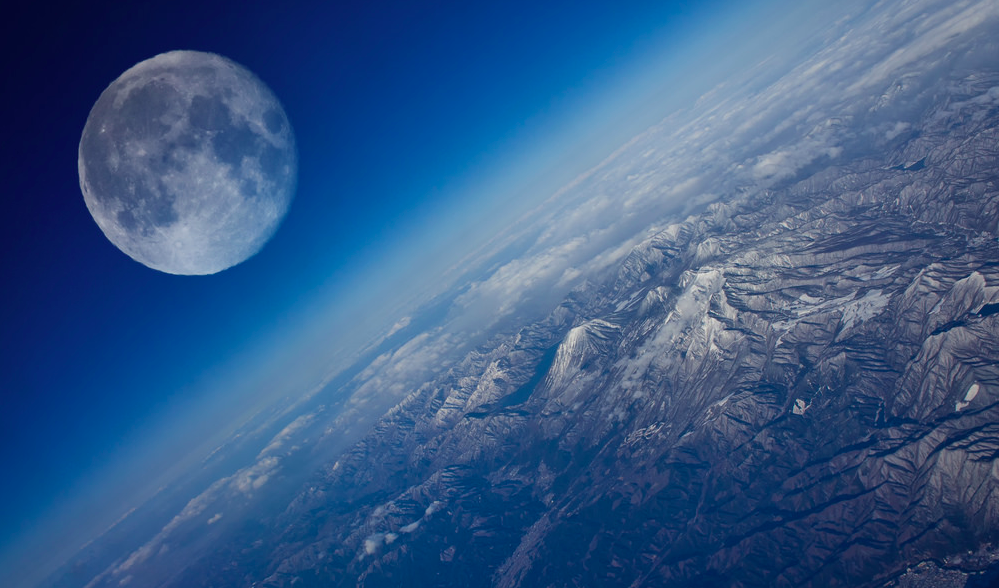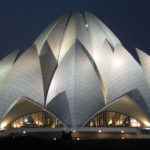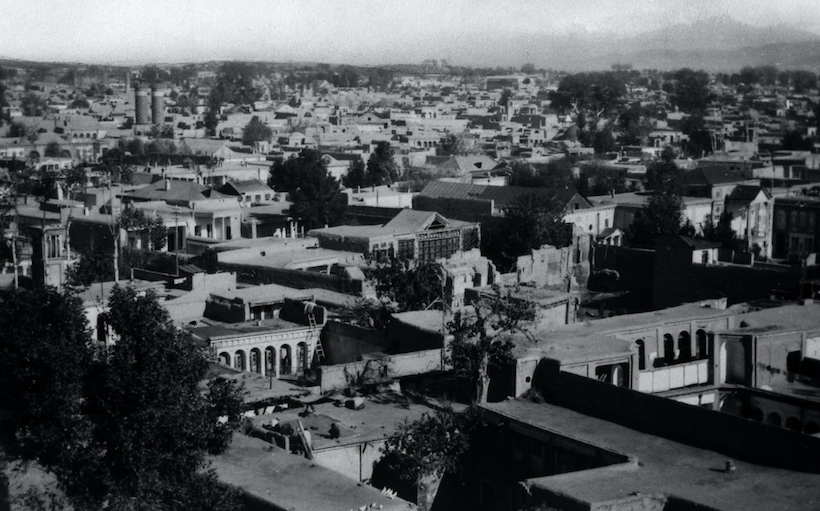
We can Change the Whole Atmosphere And That’s Not Good

Among Bahá’u’lláh’s prophetic warnings – one of the most striking is the capacity of human beings to change the whole atmosphere. The prediction, among other things, anticipates the idea of the Anthropocene.
Strange and astonishing things exist in the earth but they are hidden from the minds and the understanding of men. These things are capable of changing the whole atmosphere of the earth and their contamination would prove lethal.[1]
I am not aware of anywhere where Bahá’u’lláh further elaborates on what particular substances he had in mind. The warning though comes in the context of the more general warning of the need for moderation in civilization – that if carried to excess civilization would become as harmful as it has once been a source of good. The context strongly suggests a reference to human activity rather than natural processes.
Given the state of current scientific knowledge two candidates jump out as examples of substances used by human beings which are capable of contaminating the atmosphere.
Uranium – which human beings have taken from the earth and accumulated in weapons of mass destruction and in nuclear power stations. If these weapons were all or even partially used the world would never be the same – with potentially catastrophic and long lasting environmental effects. At Chernobyl and Fukushima we have seen the power of even a single nuclear accident to cause massive and widespread poisoning of the environment.
A second candidate is carbon – which again we dig from the Earth and burn – and which on the best scientific evidence is changing both the composition and temperature of the atmosphere.
These are not necessarily the only examples – and the future of industrial civilization may produce more.
The idea that we now have the capacity to change the entire Earth has in recent times been given a scientific name: the Anthropocene. It means the geological era when the fate of the Earth became dependent on human beings: one species among the millions that share this planet.
Bahá’u’lláh was writing in the late 19th century – decades before scientists began to conceive, describe and label this human potential.
Bahá’u’lláh was also clear on what human beings need for their survival.
The well-being of mankind, its peace and security, are unattainable unless and until its unity is firmly established.[2]
While we perhaps find it today difficult to imagine a unified world – as Abdu’l Baha observed many things once thought impossible have today come to be.
A few, unaware of the power latent in human endeavor, consider this matter as highly impracticable, nay even beyond the scope of man’s utmost efforts. Such is not the case, however. … Endeavor, ceaseless endeavor, is required. Nothing short of an indomitable determination can possibly achieve it. Many a cause which past ages have regarded as purely visionary, yet in this day has become most easy and practicable. Why should this most great and lofty Cause—the daystar of the firmament of true civilization and the cause of the glory, the advancement, the well-being and the success of all humanity—be regarded as impossible of achievement? Surely the day will come when its beauteous light shall shed illumination upon the assemblage of man.[3]
(This article is the 59th in a series of what I hope will be 200 articles in 200 days for the 200th anniversary of the birth of Bahá’u’lláh. The anniversary is being celebrated around the world on 21 and 22 October 2017, The articles are simply my personal reflections on Bahá’u’lláh’s life and work. Any errors or inadequacies in these articles are solely my responsibility.)
Image Credits: Romantic Rendevouz by Orange Kuma Creative Commons






